No products in the cart.
Sale!
Bitter Gourd
₹80.00 Original price was: ₹80.00.₹70.00Current price is: ₹70.00.
Bitter Gourd, or Karela, is a green, warty vegetable known for its distinct bitter taste and health benefits. Originating from the Indian subcontinent, it is rich in vitamins, minerals, and antioxidants, and is especially noted for its ability to help regulate blood sugar levels.
SKU: VG-SUB0068Categories: Fresh Vegetables, Fruits & Vegetables
Tags: "Antioxidant-rich", "Asian Cuisine", "Bitter", "Diabetes-friendly", "Healthy", "Vegetable"
Description:
Bitter Gourd, also known as Karela in Hindi, is a unique vegetable-fruit that is widely grown in Asia, Africa, and the Caribbean. It has a distinct appearance with a green, warty exterior and a spongy, white, and seed-filled interior. The taste is unmistakably bitter, which can be an acquired taste for many. Originating from the Indian subcontinent, bitter gourd is a staple in various Asian cuisines and is often used in stir-fries, soups, and traditional medicinal preparations. It is recognized for its numerous health benefits, including its potential to regulate blood sugar levels, making it particularly beneficial for diabetics. Bitter gourd is also rich in essential vitamins and minerals, such as Vitamin C, Vitamin A, and iron. Its antioxidant properties and anti-inflammatory effects make it a valuable addition to a balanced diet. The vegetable’s bitterness is due to the presence of compounds such as momordicin and charantin, which contribute to its health-promoting properties.
Nutrients:
“Vitamin C”: “Vitamin C is a powerful antioxidant that helps protect the body against free radicals, supports immune function, and aids in the repair of tissues.”,
Health Benefits:
“Helps regulate blood sugar levels, which is beneficial for individuals with diabetes.”,
“Boosts the immune system due to its high Vitamin C content.”,
“Improves digestion and promotes a healthy gut due to its fiber content.”,
“Supports healthy skin and vision through its Vitamin A content.”,
“May aid in weight loss by promoting fat metabolism and reducing appetite.”,
“Possesses anti-inflammatory and antioxidant properties that help protect the body from various diseases.”,
Shelf Life:
Bitter gourd has a shelf life of about 1 to 2 weeks when stored in a cool, dry place. For extended freshness, it can be refrigerated in a perforated plastic bag.
| Weight | 0.25 kg |
|---|
Only logged in customers who have purchased this product may leave a review.
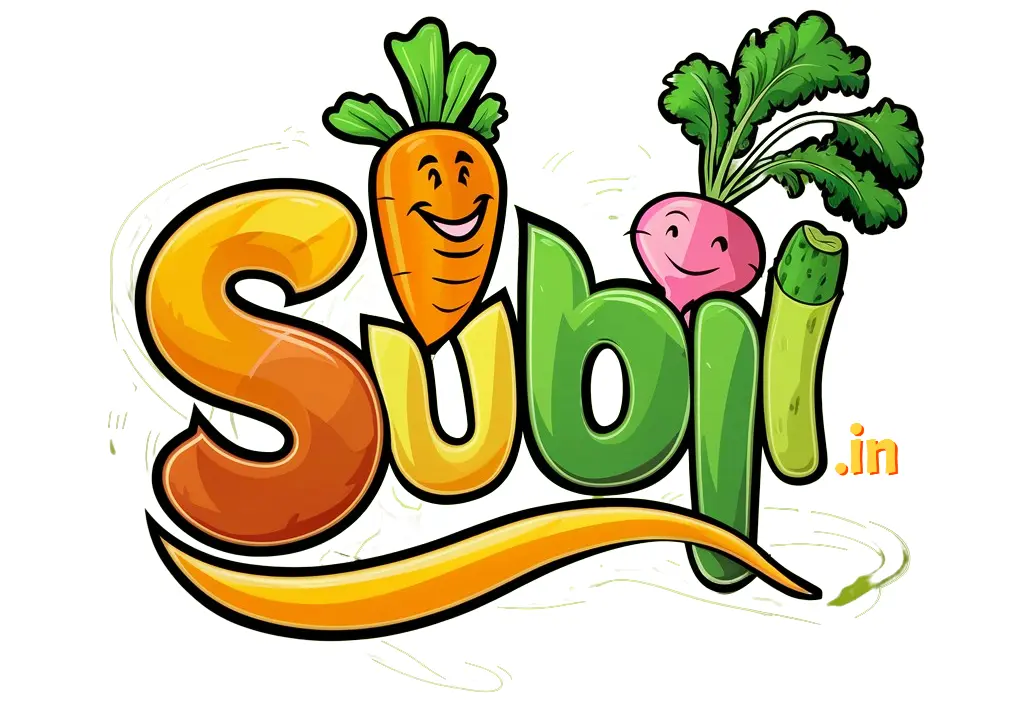
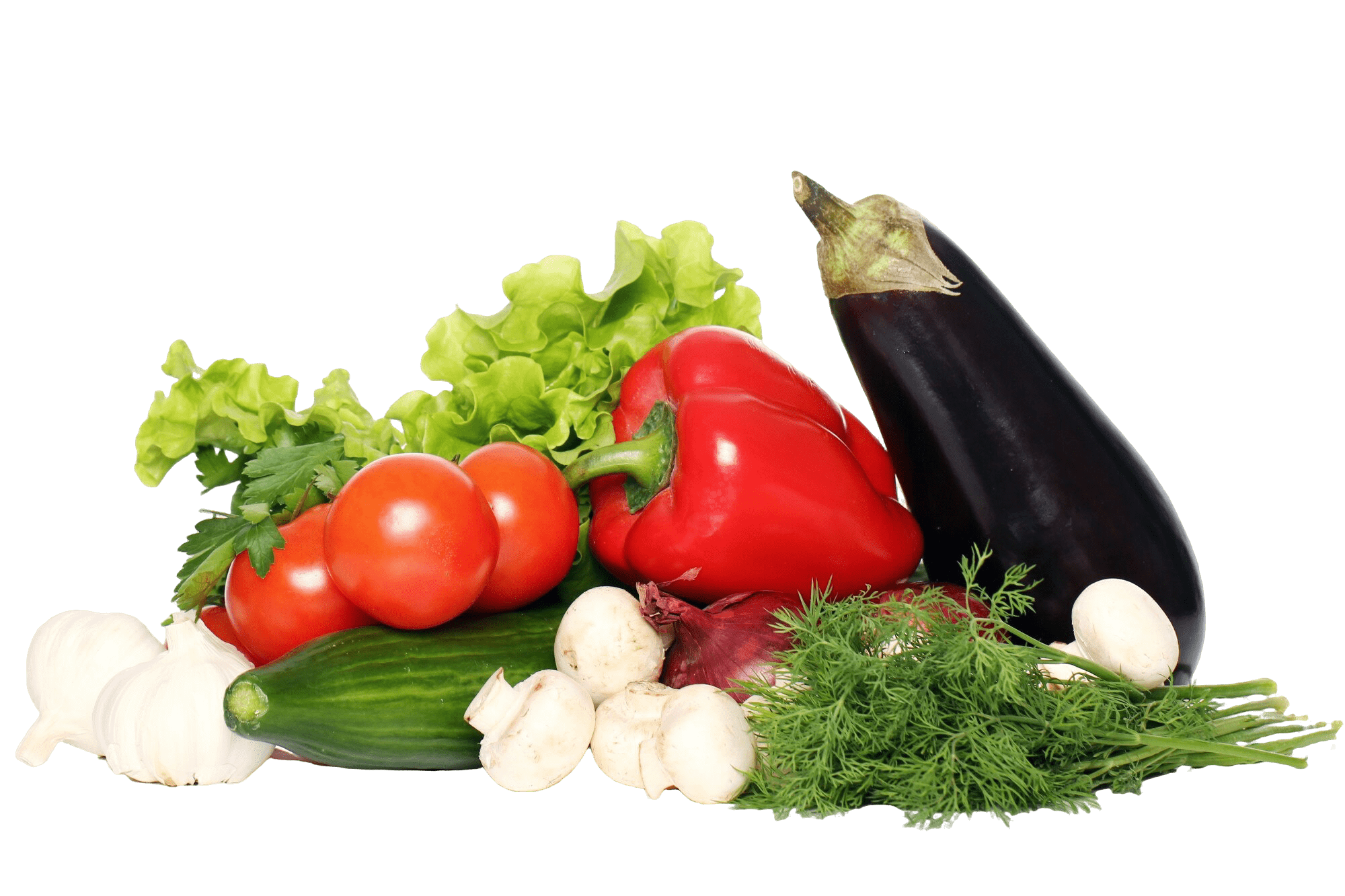



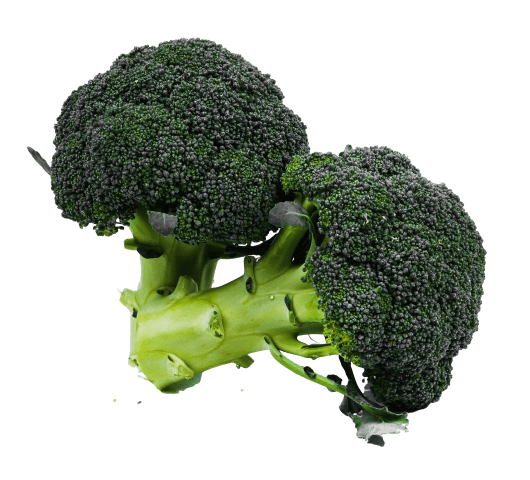
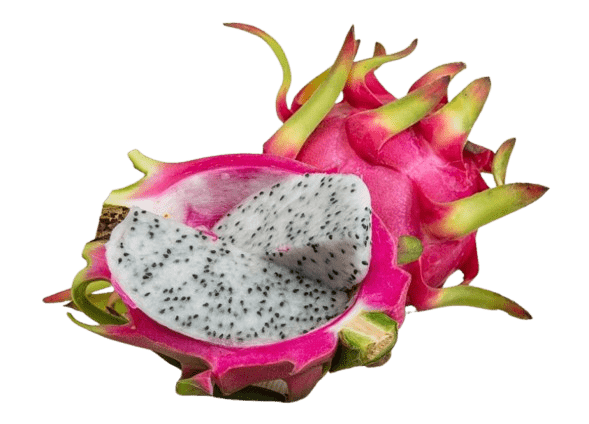
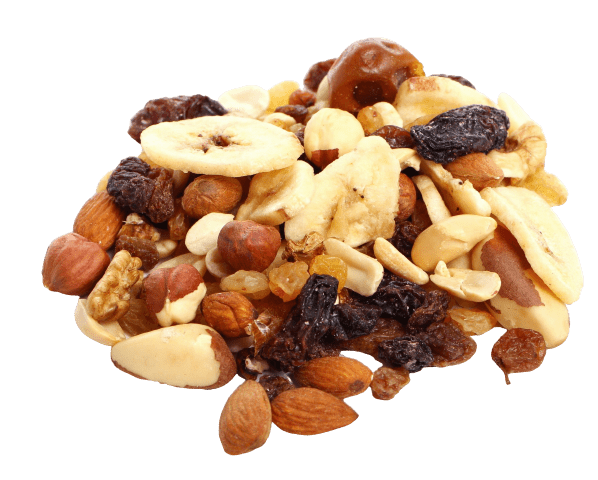
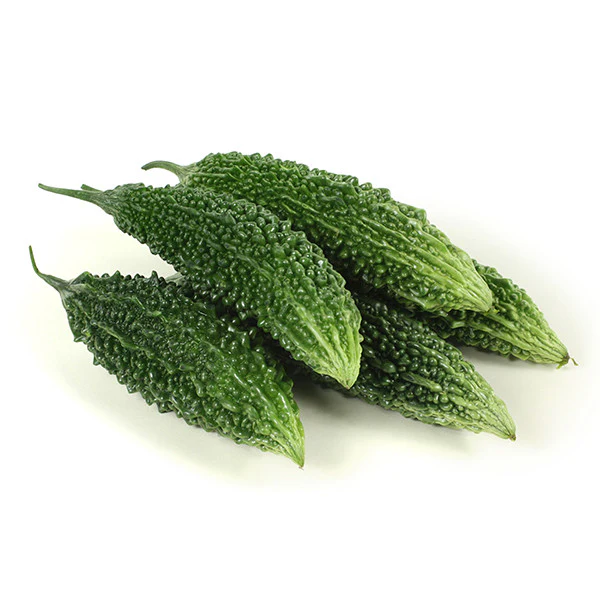

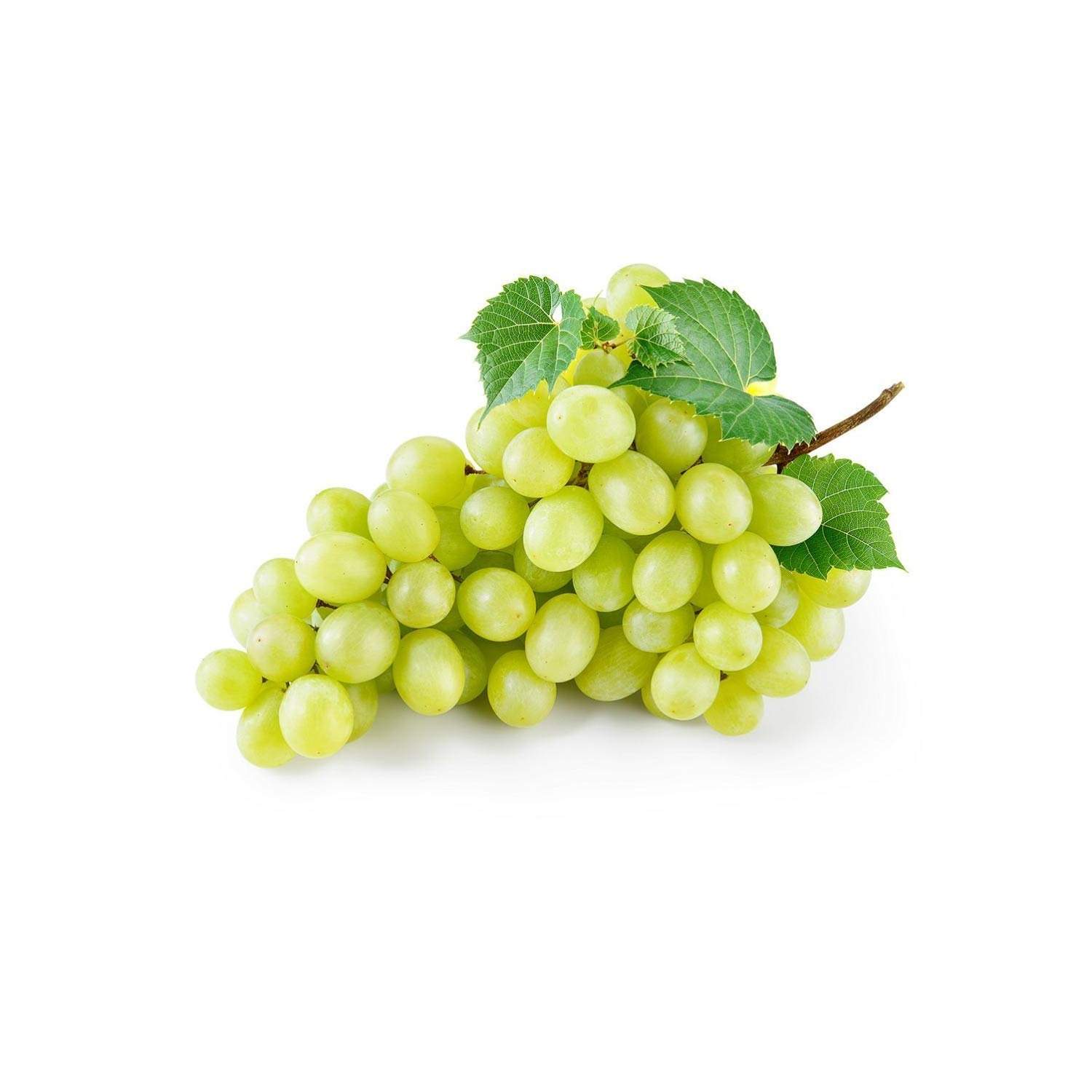

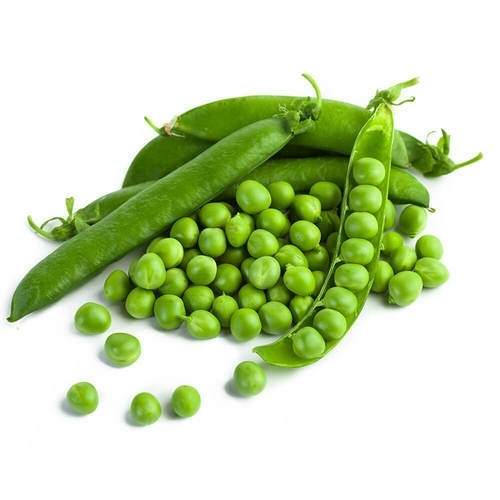




Reviews
There are no reviews yet.